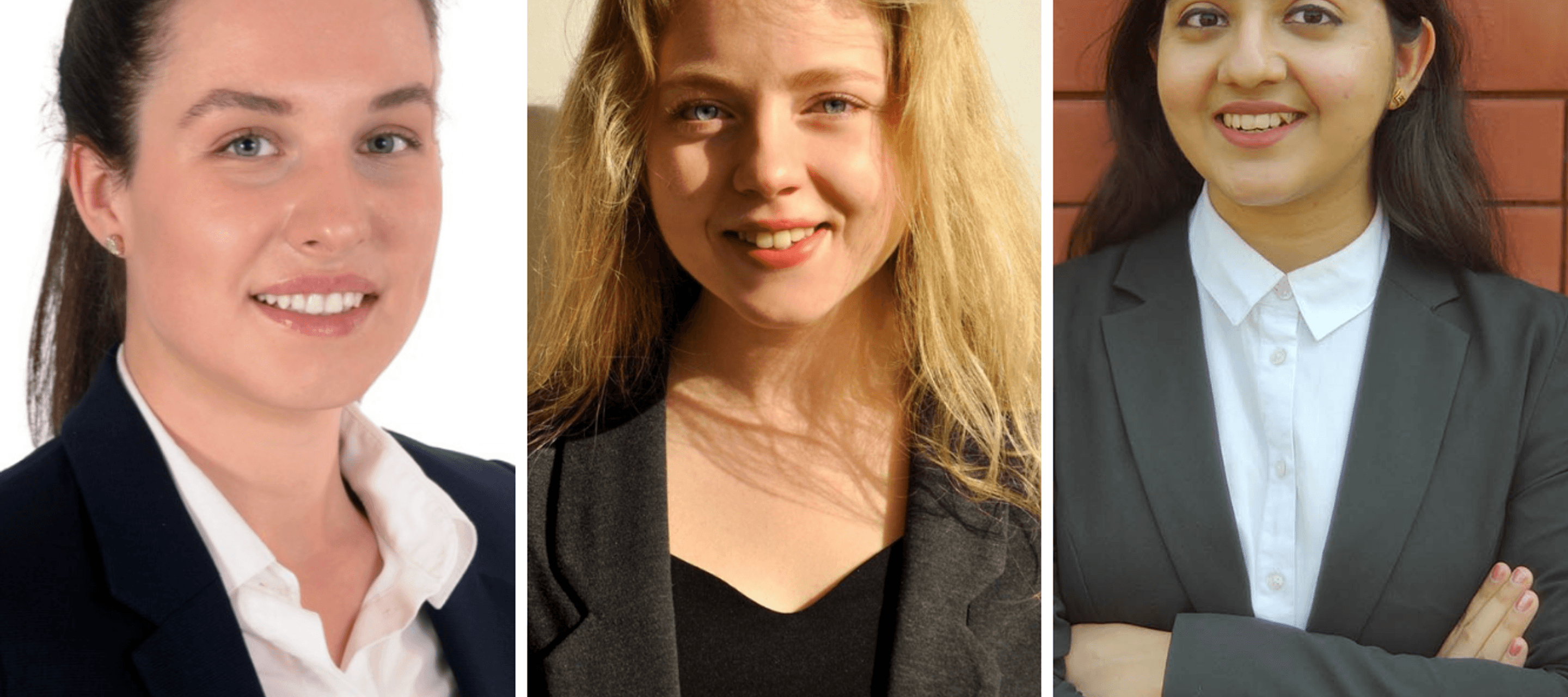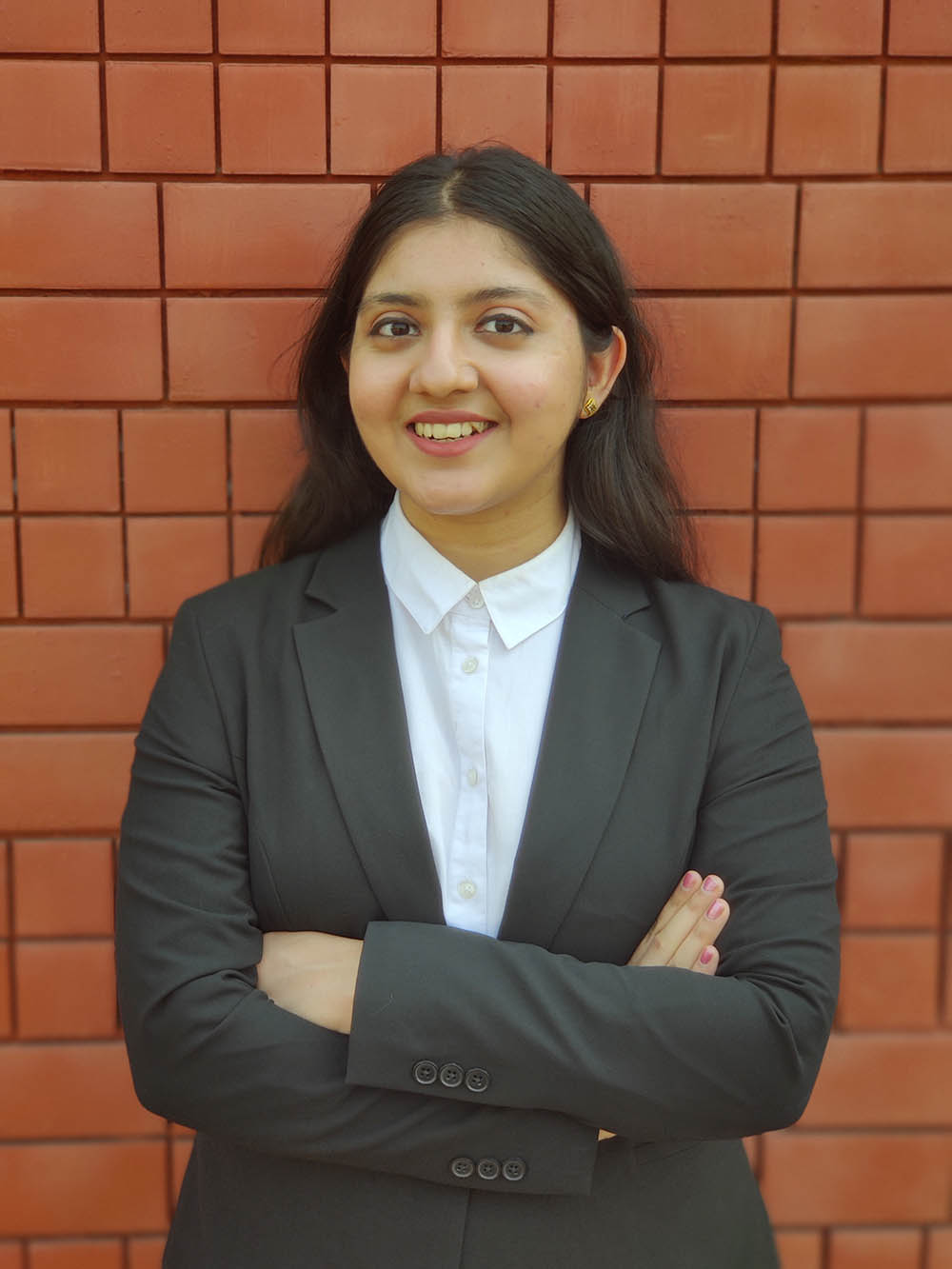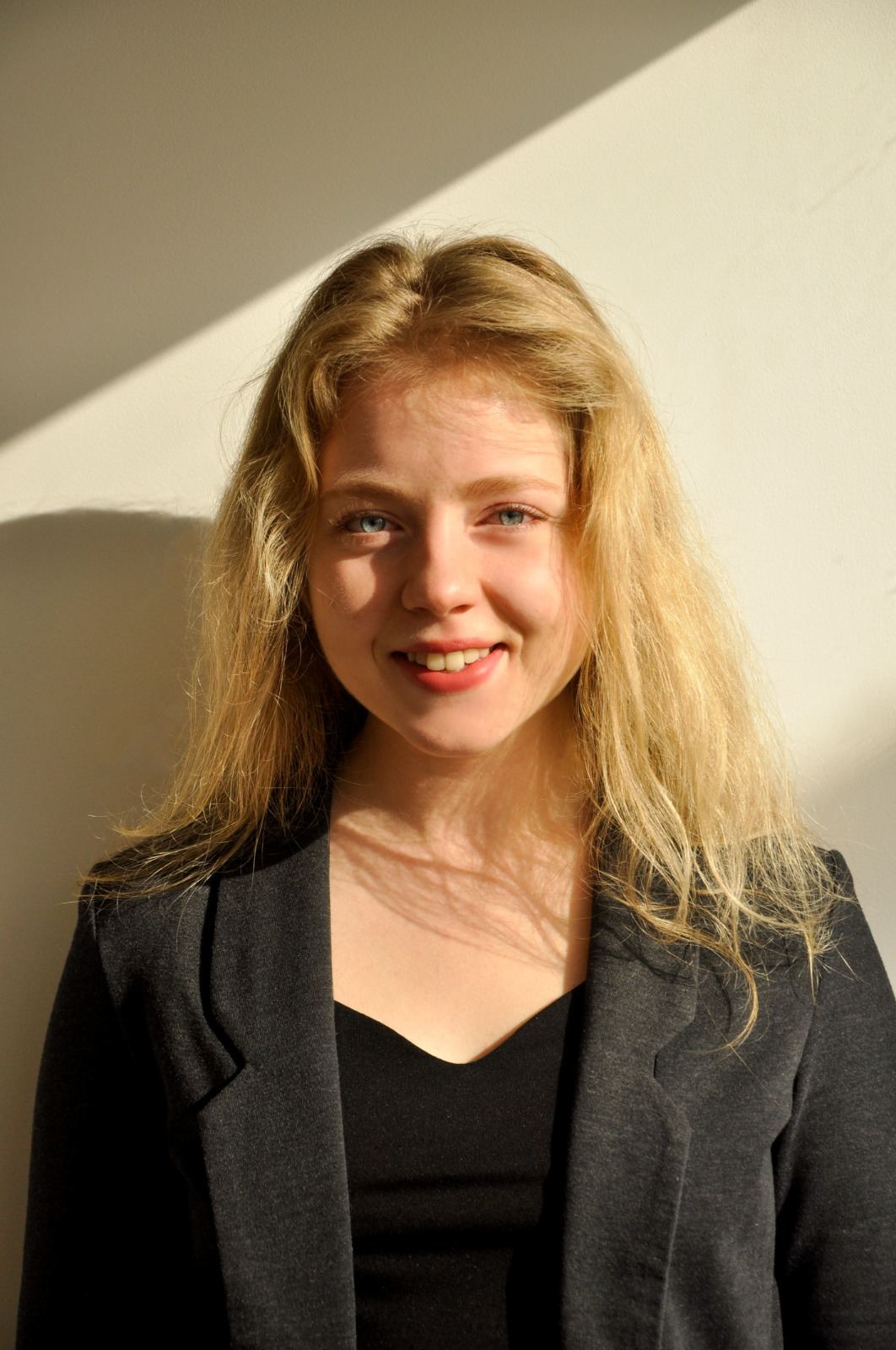Three Management Students’ Experience on Human Rights and the Built Environment - Dignity by Design
19 August 2021

In June and July 2021, three postgraduate management students were placed with IHRB’s Dignity by Design programme, which aims to strengthen action and accountability for human rights among investors, owners, architects and builders. Their participation was part of IHRB’s annual CEMS Academic Placement Programme.
The students worked as a team to map challenges and opportunities for advancing human rights in the built environment in five countries: Canada, Czech Republic, Germany, India and Ukraine. The following are a few reflections and findings from the three students.
Dig Deeper: Download a Summary of the Students’ Findings

Unnati Mahajan, studying for a Masters in Business Administration at the Indian Institute of Management, Calcutta
“The placement was really an eye-opener for me, in terms of the need for people who are working to devise solutions that are long-term and benefit everyone. And also the way in which human rights are a parallel to everything we do, as business leaders and managers.
“In India, with all its diversity not only in terms of population but also in terms of topography and geography, there are a lot of needs and opinions coming through, from communities, and from decision-makers in government and industry. There is a lot of interesting ideation going on: from local designers using local materials and resources that are available in certain regions in India, and also as a result of national-level initiatives focused on building better-equipped cities. The challenge stems from the complexity of the system: to ensure that ideas are translated into successful implementation.”

Kateryna Kovalenko, studying for a Masters in International Management at Prague University of Economic and Business
“I was aware of migrant workers and worker rights violations in construction, and I was aware of issues in terms of land acquisition. But through the internship I thought about many angles I hadn’t connected to construction before – like inclusivity, and the role of planning and finance.
“In Ukraine, one challenge I found was a highly cynical, or conservative and profit-orientated approach. But when I saw that despite lack of governance, despite challenges with corruption…there are young people working against the odds, that’s what struck me the most. Like a 25-year old hotel owner, saying 'hey, this building has to be renovated, let’s do it and make it a social hub as well'. Like architects’ bureaus who are researching sustainable materials and design, and have published a disability access guide for all Ukrainian buildings because they think it is important. And a group of impact investors who are transforming a former industrial plant.
“There are still initiatives that manage to make it work, and manage to monetize it, despite all the prejudices that exist in the market. It seems that those people move mountains, just because of their will.”

Franziska Kössler, studying for a Master of Science in Economics and Business Administration at the Norwegian School of Economics
“I was surprised how aware different actors in the built environment are of the good they can do and the social issues they can target – but also negatively surprised how economic factors overwhelm that awareness, and so far are much more relevant.
“What gave me hope is the power of rules issued by the government or at the EU to enforce different actors to adhere to different standards and create the need for private actors to comply – to move from awareness to making it necessary. It is sad that we have to have those mechanisms but if they are the way to go, it’s interesting to see that they do work, as they did in many countries for sustainability issues.
“It was great to have that cooperation across time zones and countries, and coming from very different cultural backgrounds – I found that a very enriching experience. We always helped each other out and had each others’ back.”
IHRB and its partners in the Dignity in the Built Environment Coalition will draw on the students’ mapping and research in future work. The programme uses the Framework for Dignity in the Built Environment as a touch-point to guide action at the project-level and policy level, and is building a diverse ecosystem of actors committed to respecting human rights throughout the built environment lifecycle.
The IHRB CEMS Academic Placement Programme runs annually for eight weeks across June and July. It provides CEMS masters students with experience in business and human rights for academic credits required for graduation.



